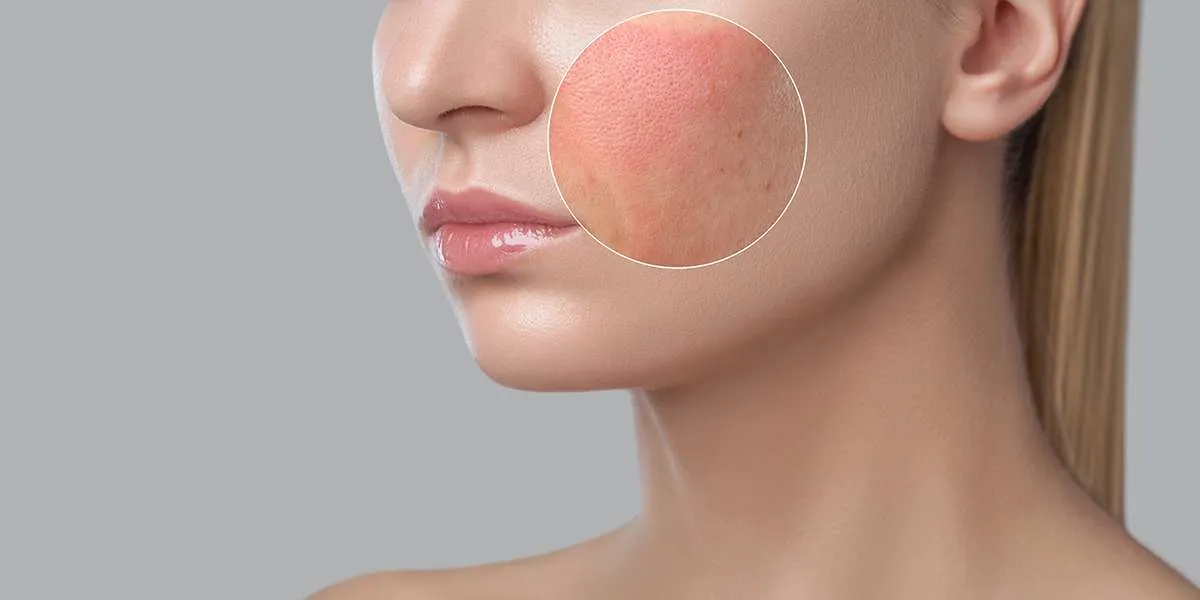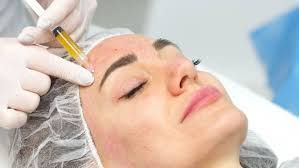When dermatologists diagnose skin cancer, they have several treatment approaches available to address different types and stages of the disease. The treatment method depends on factors such as the type of cancer, its location, size, and depth of penetration. Understanding these treatment options can help patients make informed decisions alongside their healthcare providers and prepare for the treatment process.
Surgical Options
Surgical removal remains the most common and effective treatment for many types of skin cancer. A dermatologist performs various surgical procedures depending on the specific circumstances of each case. Mohs micrographic surgery offers the highest cure rate for certain skin cancers, particularly basal cell carcinoma and squamous cell carcinoma, by removing tissue layer by layer and examining each layer under a microscope until clear margins are achieved.
Simple excision involves removing the cancerous tissue along with a margin of healthy surrounding skin to remove the cancerous tissue completely. For larger or more complex cases, dermatologists may recommend reconstructive surgery to restore both function and appearance after cancer removal. Wide local excision may be necessary for melanomas or aggressive squamous cell carcinomas, requiring the removal of a larger area of surrounding tissue.
Radiation Options
Radiation therapy uses high-energy beams to destroy cancer cells and may be recommended in specific situations:
- Treatment for patients who cannot undergo surgery due to age or medical conditions
- Management of cancers in areas where surgery would be particularly challenging
- Follow-up treatment after surgery, when complete removal is uncertain
- Control of advanced skin cancers that have spread to lymph nodes
- Palliative care to reduce symptoms in advanced cases
Topical Treatments
Topical medications provide a non-surgical option for treating certain superficial skin cancers and precancerous conditions. These treatments work by stimulating the immune system or directly targeting abnormal cells in the affected area. Imiquimod cream boosts the immune system to fight cancer cells. 5-fluorouracil cream stops cancer cells from growing and dividing.
Dermatologists typically reserve topical treatments for superficial basal cell carcinomas, certain squamous cell carcinomas in situ, and actinic keratoses that may progress to skin cancer. Treatment duration varies, but it often requires several weeks of application. Patients may experience redness, irritation, and crusting as the medication works to eliminate abnormal cells.
Targeted Drugs
Targeted drug therapies focus on specific molecules involved in cancer growth and may be used for advanced cases:
- Vismodegib and sonidegib for advanced basal cell carcinomas that cannot be treated with surgery or radiation
- Cemiplimab for advanced squamous cell carcinoma
- Immunotherapy drugs like pembrolizumab and nivolumab for advanced melanoma
- BRAF and MEK inhibitors for melanomas with specific genetic mutations
- Combination therapies that target multiple pathways simultaneously
Talk to Your Dermatologist Today
Early detection and prompt treatment significantly improve outcomes for all types of skin cancer. Dermatologists evaluate each case individually to recommend the most suitable treatment approach, taking into account the specific characteristics of the cancer and the patient’s overall health. Regular skin examinations and immediate consultation about suspicious changes remain the foundation of effective skin cancer management. Schedule an appointment with a dermatologist to discuss any concerning skin changes and develop a personalized treatment plan if needed.
- Strategies for Managing Anxiety in Everyday Situations
- How to Choose the Right Psychiatrist for Your Needs
- How Automotive Window Tinting Enhances Safety, Comfort, and Vehicle Longevity
- Understanding the Different Types of Psychiatrists and Their Specialties
- Modern IT Solutions for Small Businesses: Navigating the Digital Landscape



